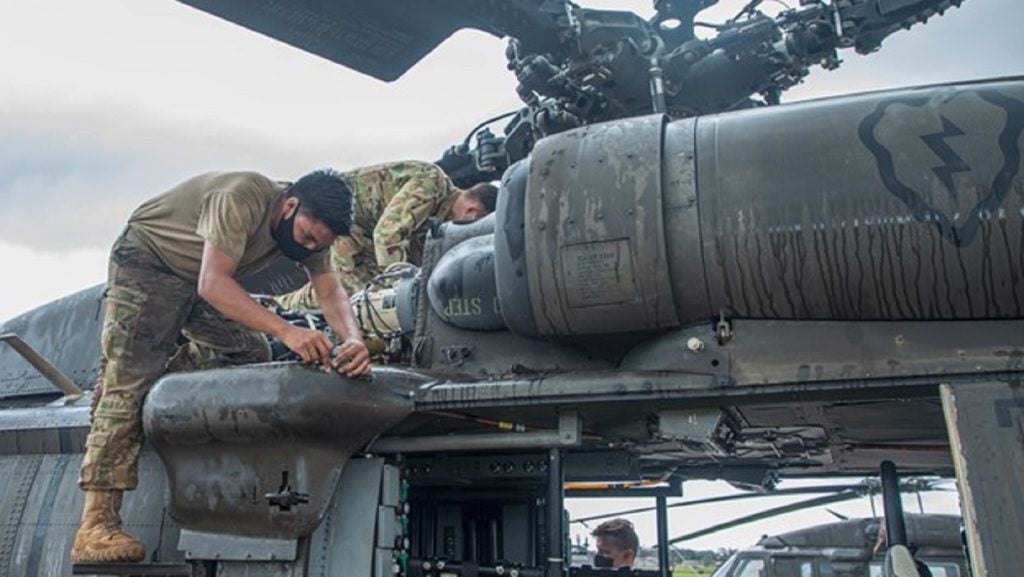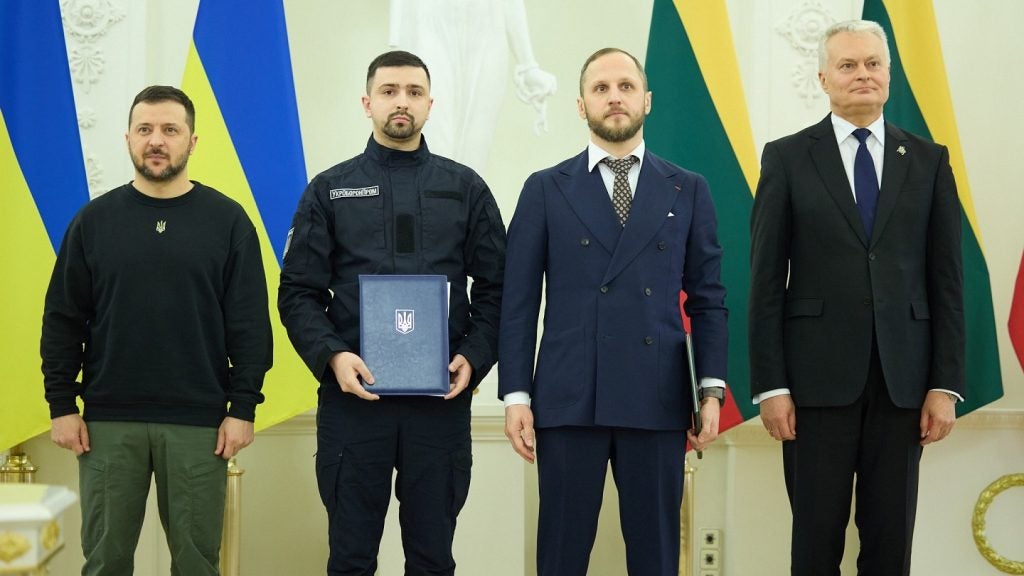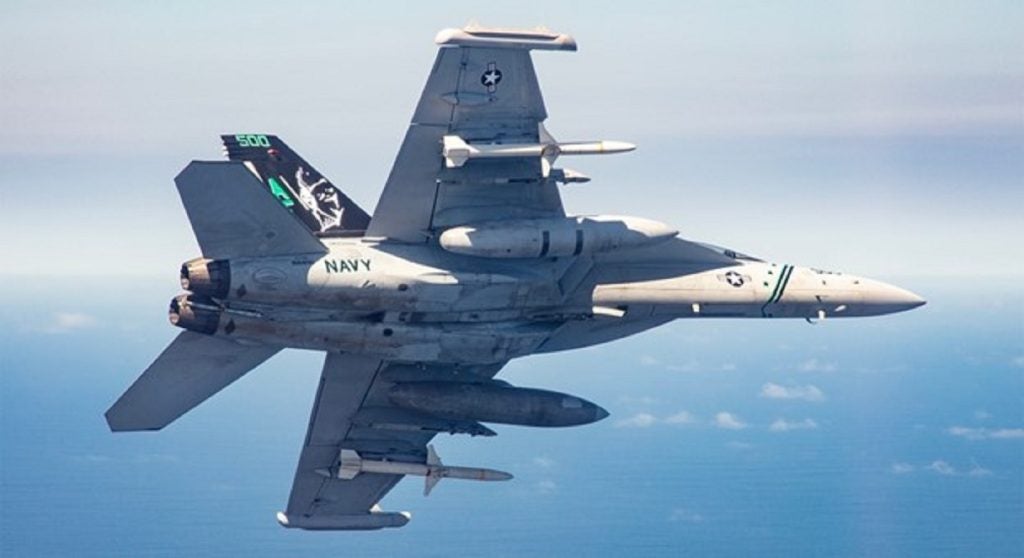Lithuania’s Ministry of National Defence (MNoD) is investing in its rotorcraft ecosystem in preparation for the induction of its future UH-60M Black Hawk helicopters.
At the opening of the new facility in Šiauliai, north of the country, on the 9 January 2024, the Minister of National Defence, Arvydas Anušauskas, stated: “More and more allies are coming to Lithuania. The Nato air police mission in the Baltic countries is being strengthened, we have an aspiration to implement the rotary air defence model together with the allies.”
In November 2020, the Baltic nation secured a contract with the US Department of Defense to acquire four units at a cost of €181m ($213m). The US also offered an option for two more units in the future if necessary.
The UH-60M is the latest variant of the Black Hawk family of multi-purpose helicopters manufactured in the 1970s by Sikorsky, now a Lockheed Martin subsidiary. There are more than 2,000 Black Hawk variants in service with the US, and more than 600 have been exported.
Black Hawk helicopters performed in a diverse range of combat missions from Grenada and Panama in the 1980s, to the liberation of Kuwait, Somalia, Afghanistan, Iraq thereafter, as well as numerous humanitarian and rescue missions including operations in Bosnia.
Toward the end of 2023, the US Government announced it would begin using General Electric’s latest T901 engine – and upgrade from the Black Hawk’s previous T700 engine, which has been used to power the Apache and Black Hawk for the past 40 years. The former provides 50% more power and reduced lifecycles. Whether this will power Lithuania’s forthcoming helicopters remains to be seen.
Lithuania’s growing rotorcraft ecosystem
The Lithuanian Government expects its first two units to arrive in 2025, and two more in 2026.
Although, back in 2020, the ministry anticipated an estimated time of delivery in late 2024. This depended on whether its armed forces will have fully trained personnel – pilots and ground support specialists – to work with the new platform, and ready maintenance and ground support equipment.
On the contrary, the opening of the new facility suggests this has only just been achieved.
Likewise, in 2023, two pilots and ten technicians were trained to operate and provide technical service for this type of helicopter, and this year the government intends to train another eight pilots and eight technicians.
The US Army, the primary operator of the Black Hawk, gives a sense of the pre-requisite training that Lithuanian technicians will similarly undergo.
“While [Black Hawk] maintainers are exceptionally knowledgeable in their field, having undergone 15 weeks of advanced individual training followed by in-depth on-the-job instruction, even the most seasoned maintainers are still learning about their helicopters.”











